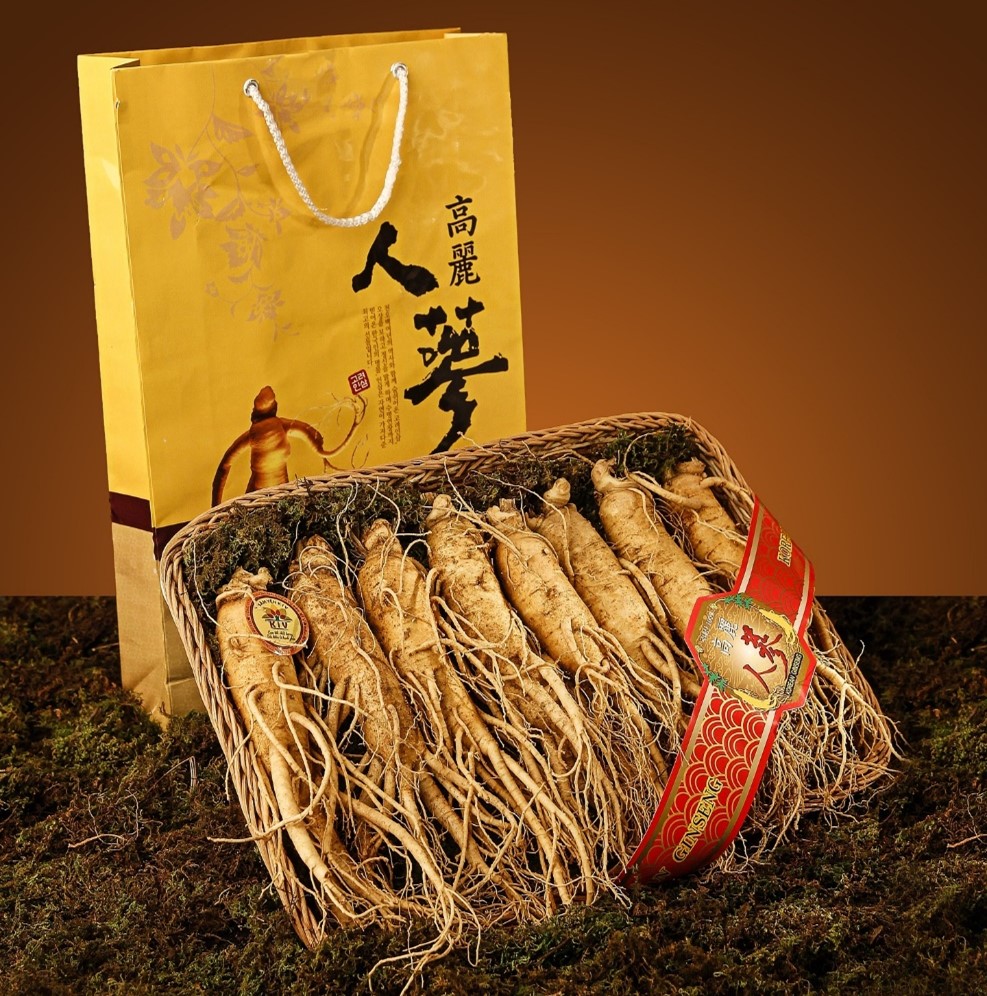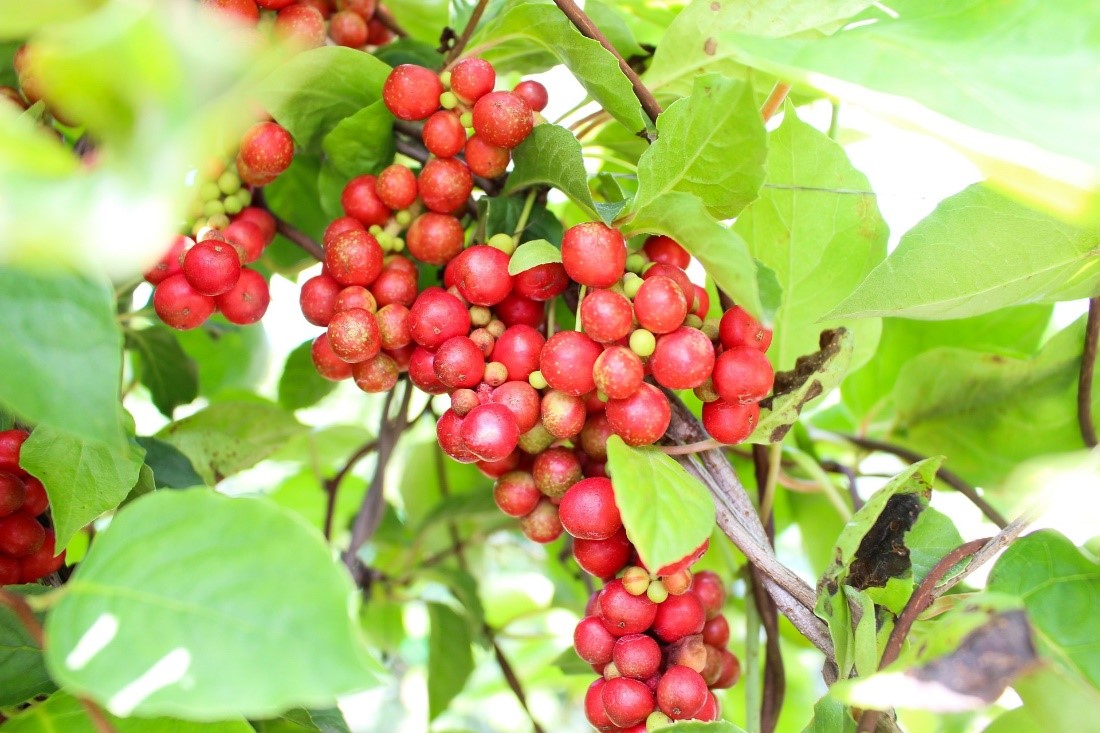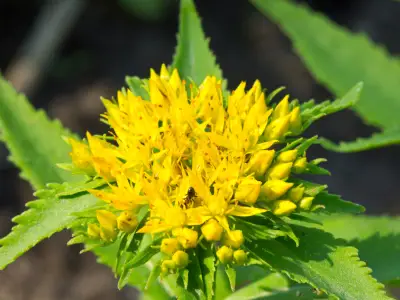It is thought that Traditional Chinese Medicine has been in practice for over five thousand years. Despite being an ancient healing system, it is still used extensively in China today, and its principles have been embraced by holistic practitioners across the globe. Adaptogen herbs have long been an important part of Traditional Chinese Medicine, and here you will learn the ancient secrets of these healing plants.

What is an Adaptogen?
An adaptogen is a herb that helps the body deal more effectively with stress. Such herbs contain active constituents, which, through various therapeutic properties, help to reduce the negative impacts that stress can have on the body.
Interestingly, though there are many herbs with adaptogenic properties from the Eastern herbal healing tradition, there are fewer within the Western tradition. It is likely that this is down to the types of chemicals produced within herbs growing natively in the East.
Broadly speaking, plants create two different categories of chemicals – primary metabolites and secondary metabolites. Primary metabolites are used to help the plant grow and reproduce, but the exact purpose of secondary metabolites continues to be studied. Research to date suggests that secondary metabolites help a plant to survive by making it more resilient to its surroundings. It is among the secondary metabolites that we find those chemicals that produce therapeutic effects within the body, including the adaptogen action.
There are lots of different types of plant chemicals that produce an adaptogenic effect, including:
- Triterpenoid saponins
- Phytosterols
- Flavonoids
- Alkaloids
- Lignans
Although Chinese herbalists have been using herbs that contain these classes of chemicals for centuries, scientists have only started paying close attention to them over the past 60 years or so. Interested in their ability to protect the body, as research started to be published, the public became aware of herbs such as Panax ginseng and Siberian ginseng.
Why do we Need Adaptogen Herbs?
Stress has a range of negative impacts on our bodies. Although when we’re stressed, we tend to focus on the emotional symptoms that are produced (such as feeling tense, overwhelmed, anxious, angry, weepy, or unable to concentrate), there are also many physical changes taking place in the body too. Over time, these changes can be detrimental to our health.
We have a physical reaction to stress because our body hasn’t evolved from the days when we faced life-threatening stressors such as dangerous wild animals. When the brain detects a suitably stressful situation, it still primes the body as if it might need to fight off or run away from something scary. This initial priming serves an important purpose. The chemicals our body releases when we first feel stressed help our heart pump faster, they help us take in more oxygen with each breath, and they send blood to the muscles to allow them to work more effectively.
But when we can’t outrun or fight off the thing that has triggered the stress response (and this is nearly always the case in modern life), the body starts producing different stress hormones to try and help the body deal with longer-term stress.

When we produce these hormones long-term, for example, when a situation continues to cause us stress day after day, they have a negative impact on our bodies. They can alter our immune system responses, making us more prone to common infections such as coughs and colds. They can dampen our gastrointestinal system, making us more prone to digestive problems. Furthermore, stress hormones can alter a woman’s reproductive cycle and negatively impact the cardiovascular system.
Adaptogens help to reduce some of these worrying physiological effects. We’re not always sure how they manage to achieve this, but some appear to regulate the regions of the brain that are involved in the release of stress hormones. Many adaptogenic herbs also seem to protect and strengthen the nervous system, the immune system, and the cardiovascular system. Famously, many adaptogens have a stimulating nature that can improve our energy levels. This anti-fatigue effect can make us feel better able to deal with stress and thereby prevent more stress hormones from being released.
How Adaptogens are Used in Traditional Chinese Medicine
In Traditional Chinese Medicine, stimulating herbal adaptogens are generally used by those whose natural energy has depleted due to age or as the result of a chronic illness or chronic stress. If you use such herbs outside these scenarios, you may find they are a little too stimulating, and indeed they could exacerbate symptoms such as anxiety - much like drinking coffee can.
If you are dealing with chronic stress and are worried about the impact this is having on your health, you can call upon the ancient wisdom of Chinese herbalism and use adaptogens to strengthen your body, your mind and to guard against further physiological decline.
Five Ancient Chinese Adaptogen Herbs
Confused about which Chinese adaptogen herbs to use? Take a look at the information below.
When you start learning about Chinese adaptogen herbs, you quickly realise that while they all share the same ability to protect the body from stress, they each have their own unique therapeutic “personality”. By learning more about a Chinese herb’s character, you can find an adaptogen that best suits your health needs. Before you use a new herb, check to see whether it is compatible with any medication or supplementation you take, and be aware that some herbs cannot be used alongside certain health conditions.
Panax Ginseng
In the Chinese healing tradition, Panax ginseng is considered the most valuable medicinal herb. Historically, there was an air of mystery about this tonic herb, because it was hard to find, being a plant that requires specific conditions for successful growth.
In Traditional Chinese Medicine, this herb was used as an adaptogen to strengthen the immune system and to nourish what are referred to as the five vital organs (the spleen, lungs, kidneys, heart, and liver).
This adaptogen will help you raise your energy levels and make you more resilient to stress when you have become burnt out and exhausted. It can improve your memory and focus, and it also improves physical stamina. If chronic stress has left you with a weakened immune system, Panax ginseng is a good choice because, over time, it will enhance the immune system as well as protect it against the effects of stress.
Siberian Ginseng
Another adaptogen, prized for thousands of years in China, Siberian ginseng offers the same therapeutic activity as Panax ginseng, but it’s a little less stimulating. If you’ve tried Panax ginseng and found it over-stimulating, causing headaches or insomnia, Siberian ginseng may be a better choice for you. It is also well suited to women whose monthly cycle is affected by stress.
Schisandra
This adaptogen is useful when you’re experiencing a range of unpleasant emotional symptoms due to stress, such as tension and anxiety. This herb will increase your stamina and resistance to stress and will steadily build energy levels over time.
A protector of the cardiovascular system, schisandra also makes sure your digestion is strong. An immune system tonic, this herb is useful if stress leads to inflammatory issues in your body, such as eczema.

Reishi
This beautifully colourful fungus has been used in China to strengthen the qi and nourish the blood. Over time, this superb adaptogen will raise energy levels, lower stress and anxiety, and improve sleep.
If stress affects your cardiovascular system, causing palpitations or blood pressure fluctuations, reishi can be helpful. It has been shown to boost coronary circulation and enhance the heart’s function.
This mushroom also has an affinity for the immune system, helping to boost the activity of white blood cells as well as offering protection against a range of bacteria.
Rhodiola
If stress has left you with true physical and emotional burnout, and you find yourself unable to work and constantly sick with minor infections, you might like to try this powerful ancient healer.
It can be exceptionally effective at raising the energy levels once they’ve hit rock bottom, and by encouraging blood flow to the brain, you can start to feel a foggy mind clearing.
Rhodiola boosts the immune system and is considered a good choice when exhaustion follows a long physical illness. A very potent stimulant, those with steady energy levels may find this adaptogen too strong.
If you’d like to learn more, our Traditional Chinese Medicine Diploma Course is currently available for just £29 for a limited time (reduced from £127).





